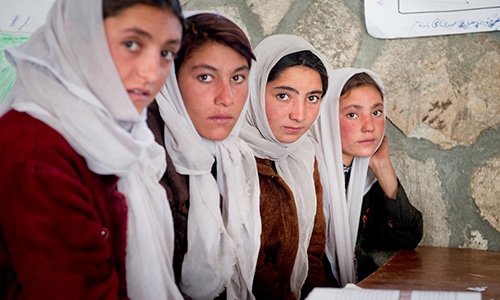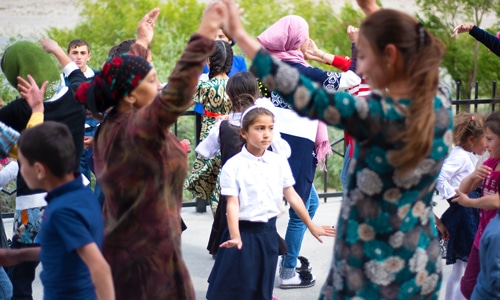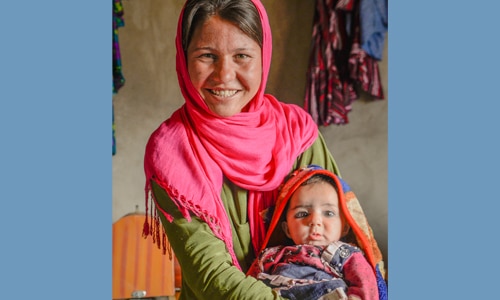To advance education and livelihood skills, especially for girls and women, in remote and mountainous regions of Afghanistan, Pakistan, and Tajikistan.
We envision a world in which women and girls have the education and skills to unlock their full potential and contribute to a better, brighter future for themselves and their families, communities, and countries.
Educate a girl. Change the world.
Our education support programs focus on four main goals:
1
Increasing access to education for students of all ages by offering programs from preschool to adult literacy.
2
Supporting teachers to ensure quality education.
3
Upgrading school infrastructure, ensuring children have safe and healthy environments in which to learn and thrive.
4
Promoting opportunities for women to earn a livelihood, thereby empowering them to contribute to their family’s income and raising their stature in their communities.
Our goals are designed to capitalize on the numerous co-benefits education offers, especially for girls, and to create ripple effects across families, communities, and nations.

At CAI, we believe that “she is key.” We believe in the transformational power of girls’ education to overcome many of society’s greatest challenges, whether it be poverty, poor health, environmental degradation, discrimination, or conflict. By focusing primarily on girls and women, our programs seek not only to level the playing field for girls and women but also to unlock the power of girls’ education to create healthier, more prosperous, and more peaceful societies.

From the very start, CAI has taken a community-based, grassroots approach. Working through local implementing partners (local non-profit organizations) and with communities, we’ve ensured our programs are responsive to local needs, culturally and socially appropriate, and human-centered. We focus on hard-to-reach communities where few other international organizations work, and government services are often scarce.

We believe that the change we are seeking to achieve is only possible where our support is targeted at specific geographic areas, focused on the most impactful interventions, and sustained. We avoid reactive, short-term, one-off programs. We see building the capacity of our local implementing partners and communities where we work as inherent to our work. As two decades of experience has proven, our approach is impactful and sustainable.
KEEP UP WITH THE LATEST NEWS
Sign up to receive updates and stories from the field.
Privacy Statement | Copyright 2025 Central Asia Institute. All rights reserved. Site Map
CAI is a U.S.-registered nonprofit 501(c)(3) organization, EIN #51-0376237. Contributions may be tax-deductible in the U.S.